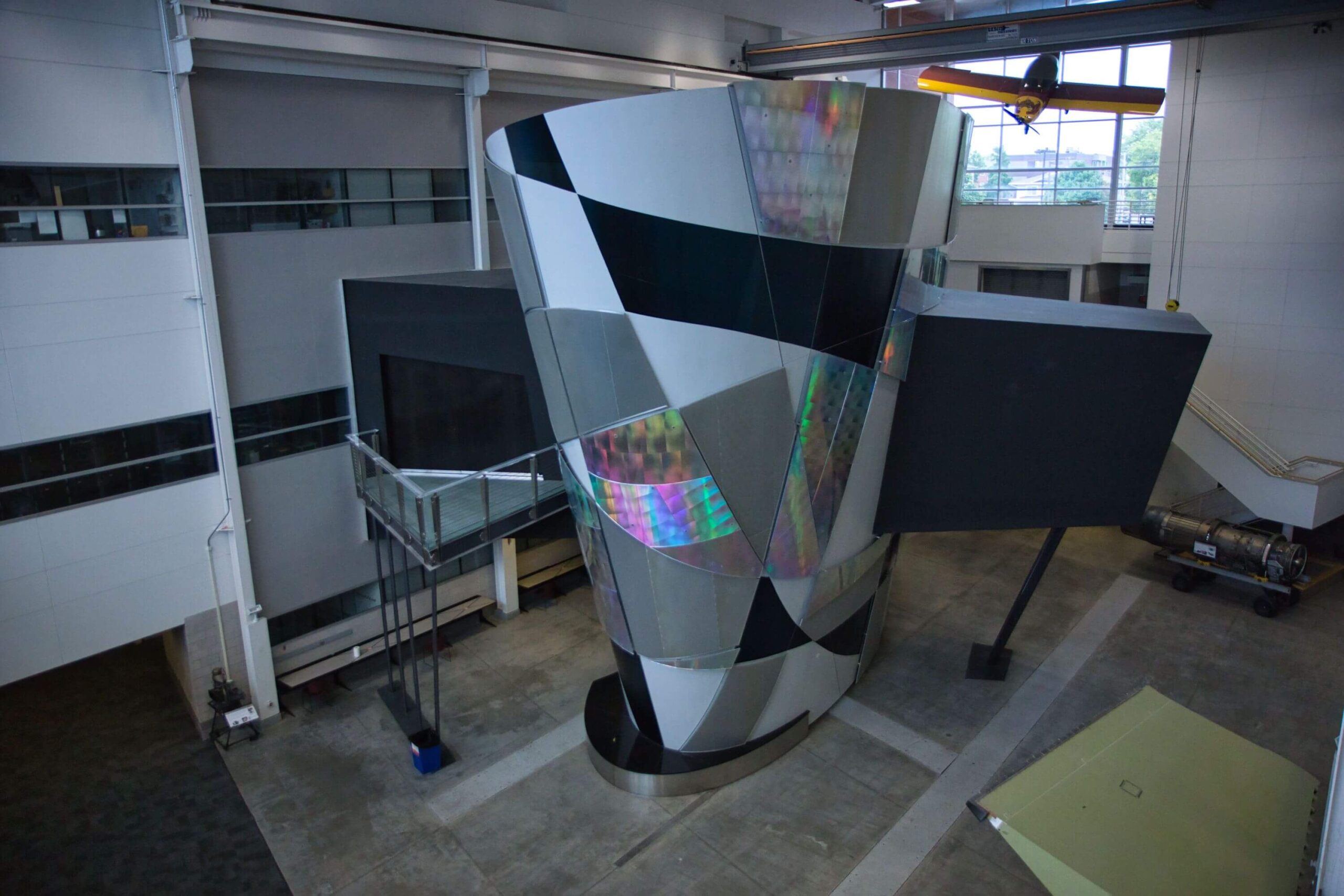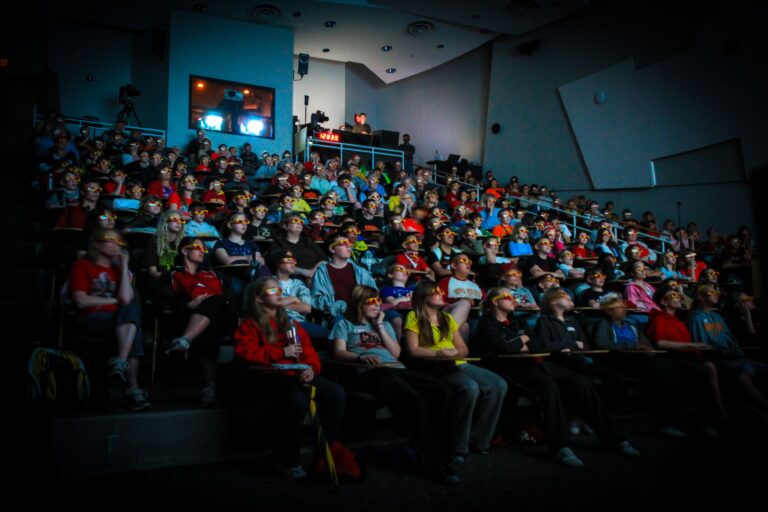At VRAC, our mission is clear: “To elevate the synergy between humans and complex interdisciplinary systems to unprecedented levels of performance”. Through our exceptional Human Computer Interaction (HCI) graduate program, we nurture the next generation of visionaries and leaders in the field, providing them with a comprehensive understanding of the intricate relationship between humans and technology. This empowers our students to create intuitive and transformative user experiences that bridge the gap between innovation and practical application.
Founded on the principle of fostering collaboration and advancing knowledge, VRAC serves as a dynamic hub where cutting-edge technologies converge with visionary ideas. From investigating the cognitive and psychological effects of virtual environments to developing intricate simulations for training and education, VRAC is a trailblazer in shaping the future of how we perceive, interact with, and utilize digital spaces. With a track record of impactful projects and a mission to continuously explore the uncharted territories of virtual reality, VRAC stands as a beacon of innovation in an ever-evolving technological landscape.
Founded on the principle of fostering collaboration and advancing knowledge, VRAC serves as a dynamic hub where cutting-edge technologies converge with visionary ideas. From investigating the cognitive and psychological effects of virtual environments to developing intricate simulations for training and education, VRAC is a trailblazer in shaping the future of how we perceive, interact with, and utilize digital spaces. With a track record of impactful projects and a mission to continuously explore the uncharted territories of virtual reality, VRAC stands as a beacon of innovation in an ever-evolving technological landscape.
The VRAC research community spans a wide spectrum of disciplinary experts with particular strengths in state-of-the-art interaction technologies.
Our HCI Graduate program offers a comprehensive exploration of the fascinating intersection between human behavior, design, and technology. With a rich blend of theoretical knowledge and practical skills, we prepare students to become adept HCI professionals who can shape the digital landscape and elevate user experiences.
With more than 200 students enrolled, our HCI program is the largest interdepartmental graduate major at Iowa State University.
PhD in Human Computer Interaction
Master of Human Computer Interaction
Master of Science in Human Computer Interaction
Certificate in Human Computer Interaction
Administrative support facilitates research proposal preparation and submission, grant administration, purchasing and student appointments, while technical staff provides hardware maintenance, system integration, vendor coordination and technical assistance to the research community.
Our state-of-the-art facilities offer a diverse range of resources to explore and push the boundaries of virtual reality, augmented reality, and immersive visualization. Among our standout features is the remarkable C6, the world’s highest resolution immersive display. With its unparalleled clarity and realism, the C6 provides an unmatched platform for researchers, students, and industry partners to delve into immersive experiences and groundbreaking research.


The VRAC is actively engaged in outreach activities. Central to these efforts is VRAC’s Auditorium Educational Experience, which provide participants with an in-depth exploration of the groundbreaking applications of virtual reality in various fields. This experience offers participants the opportunity to witness firsthand the transformative capabilities of VR technology, ranging from cutting-edge research endeavors to practical applications in industries.